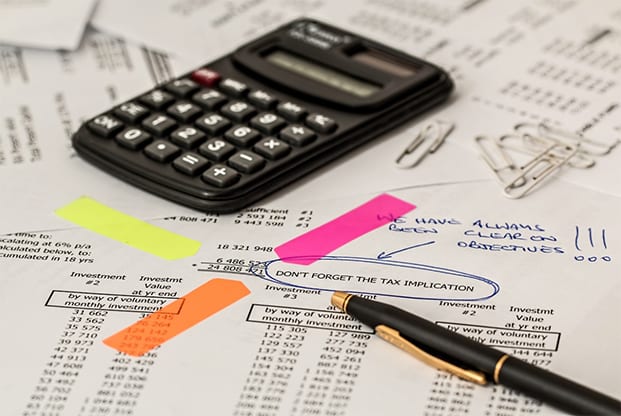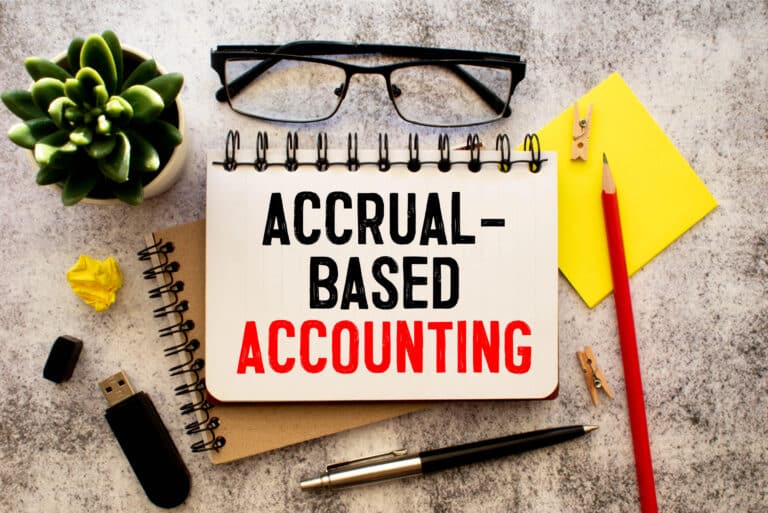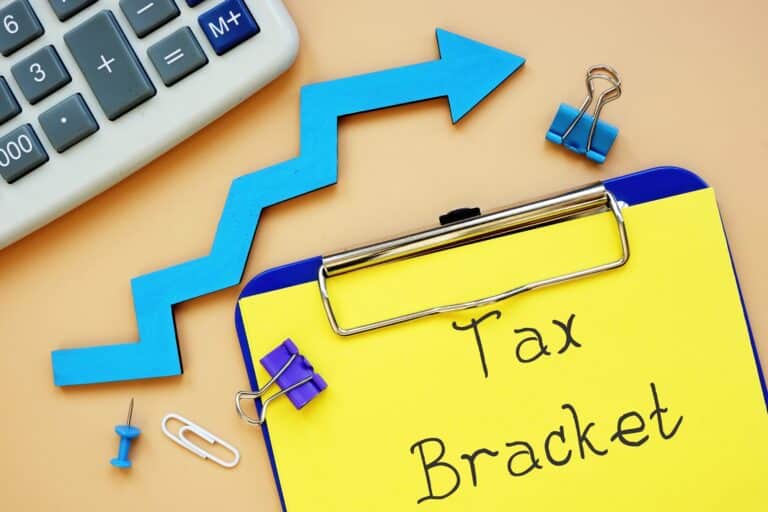No surprise here. Tax season is often approached with a heightened sense of hesitation, stress and even dread. Fortunately, with a bit of effort, you can minimize the complications that tax season often brings. Can you imagine finishing your taxes before March? With the right organization and a qualified CPA, it is completely possible.
Here are eight ways to make life a little easier this time of year.
1. Prioritize organization
The first step is to gather all of the necessary paperwork and information for your taxes. Ideally, you have kept a folder throughout the year containing relevant receipts, information, and forms.
You didn’t? No worries!
Now is the time to gather all of the information you will need for your income tax preparation process. Your Certified Public Accountant (CPA) will likely ask that you scan all of the documents and upload them through a secure site. Make sure your scanner produces high quality images. Otherwise, your CPA might not be able to use the scans and you’ll have to drop the files off in person.
Here are the most common tax documents you will need:
- W-2: Provided by your employer
- 1099-MISC: For independent contractors or self-employed
- 1099-INT: From your bank showing how much interest you made over the year
- 1099-DIV/B: From your investment brokerage showing capital gains or losses and any dividend income
- 1098-T: From your school documenting the amount you paid in tuition
- 1098-E: From your student loan lender showing any interest you paid in your student loans
Not all of these forms will necessarily be applicable to your situation. It’s also possible that you may need additional forms.
In addition to tax forms, you’ll also need last year’s taxes, personal information (copy of your Social Security Card, copy of your driver’s license, date of birth) for yourself and any dependents you are claiming.
To make sure you have all of the financial information required, download our free tax organizer. This is a fillable PDF that will walk you through step-by-step on everything you need.

2. Get a head start
Contact your CPA early to double check what services you need and what documents you need to send in. When you hand in your income tax documents early (rather than trying to file during peak tax season), you won’t have to wait as long for your return.
This is a good time to alert your CPA of any significant life changes such as a new child or new marriage, side jobs, new bank accounts, new IRAs or any other changes that affect your financial life.
3. Make big tax decisions right away
April 15th may not seem like an urgent deadline now, but tax planning requires time to consider your options, and any action taken generally needs to happen before December 31st of the tax year. When you contact your CPA sooner than later, you can discuss how changes in tax law will affect your unique situation and what you can do about it with your income tax returns.
If you wait until the last minute, you could be put into a position in which you are forced to make serious financial decisions without proper time to consider the options.
4. Decide how you want to receive your refund
In addition to the information from your tax organizer, be sure to let your CPA know how you want to receive your refund. Here are the typical options:
- Check by mail: This option is free, but often takes the longest amount of time to receive.
- Direct deposit: This option is free and fast. You will need to supply your CPA with your bank account information.
- Tax Refund Anticipation Loan: It often makes more sense to wait for your refund than to opt for this option. This is the fastest route to receiving funds but it comes with high fees. In other words, it’s best avoided.
5. File an extension but only if it’s necessary
Are your accounting records behind? Now is the time to get all of your information up to date so you beat the rush. If you wait until the start of April, you will need to file for an extension. Extensions are not ideal because they create extra paperwork and can make your tax return more costly to prepare.
If for any reason you will not be able to file your taxes before April 15th, you will need to file an extension or face penalties. Your CPA will file extensions for you. If you owe taxes, you are still required to pay that amount by April 15th or you will be charged penalties and interest.
While there aren’t any penalties for filing late (as long as you are expecting a refund), an extension means an even longer wait for a refund.

6. Be patient with your tax preparer
Don’t forget that for tax professionals, tax season is as hectic and chaotic as a retail store on Black Friday. Tax season can be a stressful time for everyone, but being patient will make the experience more tolerable for all involved.
Be patient with yourself as well. You may be great at managing your career and business, but numbers and paperwork may not be your strong suit. This is where a CPA comes in.
7. Avoid unexpected tax payments
Besides the fear of mounting paperwork, there is only one thing more feared: owing money to the Internal Revenue Service (IRS). Don’t get caught off guard with writing a big check, or, worse yet, penalties.
Work with your tax professional to plan ahead for next year. You can do this either by making estimated quarterly payments or making adjustments to your payroll withholding.
8. Plan for success
Once you finish this year’s taxes, you may think it is time to sit back and relax until next year. Instead, this is a great time to get a head start on next year’s return. Tax season does not need to send you into a state of panic, as long as you take a bit of time to prepare.
It’s as simple as setting aside a designated spot to store your tax files and documents. Every time you receive something tax-related in the mail, add it to your designated tax area. With barely any extra effort, you can avoid going on a frantic hunt next tax season looking for documents.
Alternatively, you can create a designated folder on your computer to store tax-related items. Within your tax folder, make additional folders labeled with each year. Scan and store all your tax documents in this file to keep your information organized and ready to go for next tax season.
You may also find it helpful to create a filing system for any receipts and details of items you plan to claim on next year’s taxes — such as receipts from childcare costs or expenses if you run your own business. Taking these steps now means you can thank yourself once next year’s tax season hits.
Consider talking with a tax professional to determine which receipts may be worth keeping track of throughout the year. A Certified Public Accountant can help maximize your deductions, minimize the hassle of filing, and save you money. Hiring a tax professional also ensures an accurate return, and proper support if the IRS ever has questions.
When you’re ready, here are four ways we can help you grow:
- Subscribe to “Accounting for Marketing” e-newsletter featuring your industry’s latest headlines
- Join our growing Facebook group of marketing professionals
- Download “Scaling the Data-Driven Agency” ebook
- Let’s work together! Let’s start a conversation to see if we’re a good fit.




